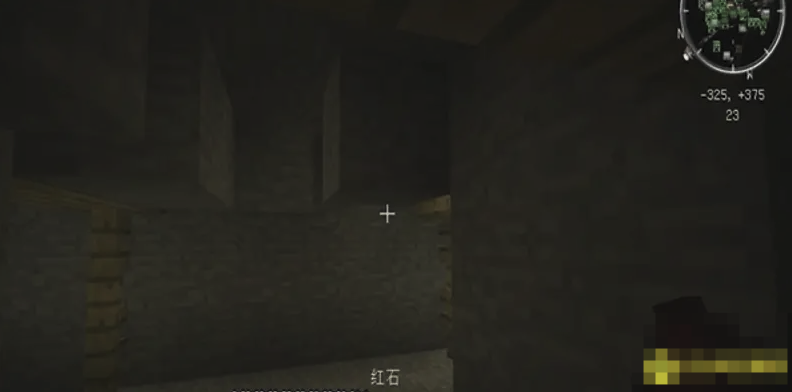Escape Sequences
时间:2006-08-06 来源:sosogh
1.存在的范围:
string constants ("foo") or regexp constants
2.特定的Escape Sequences
\\ A literal backslash, `\'.
gawk特定的Escape Sequences
\w Matches any word-constituent character—that is, it matches any letter, digit, or underscore. Think of it as shorthand for [[:alnum:]_].
There are two other operators that work on buffers. In Emacs, a buffer is, naturally, an Emacs buffer. For other programs, gawk's regexp library routines consider the entire string to match as the buffer. The operators are: \` Matches the empty string at the beginning of a buffer (string).
相关阅读 更多 +










